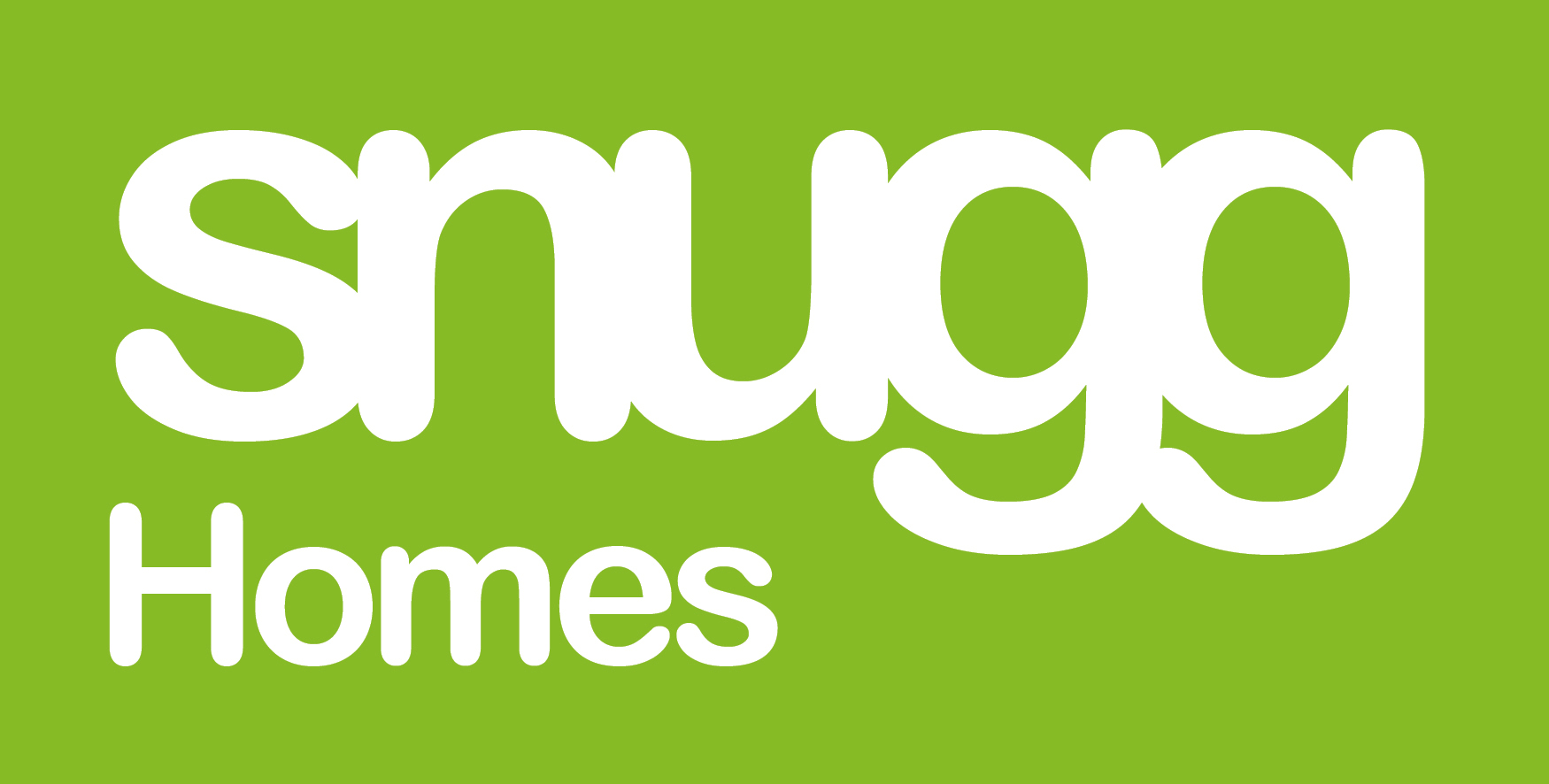Share Percentages – Q & A
Emilia Hunt is the Sales Director at Metro Finance, the largest Shared Ownership mortgage provider. They help around 2400 shared ownership buyers per month. Emilia has been part of Metro Finance for over 10 years.
Metro Finance recently shared this ‘Ask Emilia’ question & answer session with us – and we thought it tackled a lot of the questions our customers ask us about affordability and share percentages – and so we wanted to share it with you.

Why is it so important and beneficial to maximize the share?
Shared Ownership is very much geared to the individual person and their circumstances. When buying a Shared Ownership property, you’ll go through an affordability assessment to determine what the highest share is you can buy. If you’re wondering why you can’t just buy the advertised share, or, a share that you choose yourself– then read on.
How does the affordability work?
Before I go into the benefits of maximizing the share, a bit of background into how the affordability works. The advisor will look at all your income, determine what can be used and run through any credit commitments you have such as loans or credit cards.
Shared Ownership rules set by Government state no more than 45% of your take home pay should be used towards your mortgage, rent, service charge and any credit commitments. This is the advisors first anchor point when assessing the affordability.
They will then cross-reference this with a lender affordability check and complete a budget planner with you to include all your outgoings.
These three points will determine the most suitable share that’s available for you. And the most suitable is usually going to be the maximum, that’s the expectation of Shared Ownership rules.
Benefits of buying a bigger share
Less Rent!
This is the biggest factor. You’re buying your first home, you want to get away from the aspect of paying rent, you want security and to build up your own equity. The mortgage payment will be reducing the balance of your mortgage, therefore building up a higher amount of equity for if/when you sell the property on.
Based on an approximate average price of £250,000
40% share – total monthly costs approx. £760, of which £344 would be rent
60% share – total monthly costs approx. £870, of which £229 would be rent
That’s £110 more in overall costs – but £115 less in rent. So that extra money is going straight into your property, and your equity in the property. (Minus lender interest of course! Incidentally, why it’s so important to find the best deal!)
Could be cheaper to buy now!
Over the next five years JLL have stated that house prices are expected to grow by 21.7%
The average house price is approximately £268,000. This means in five years time the same property could cost £326,156. When you staircase, the price of the extra shares are based on the property value at the time. So if your property has gone up in value, it means the cost buying more shares could be higher. It makes sense to buy the extra shares at the lowest price possible.
If you brought a 60% share at the average house price, it would cost £160,800
If you brought a 40% share now, and a further 20% in five years it could cost in total £172,400 – that’s an additional £11,600.
So if you can afford to do it earlier, why not? It may cost you a little more each month, but in the long run you would be saving money.
Easier to staircase to 100%
For many people when buying Shared Ownership, the ultimate goal is to own 100% once circumstances allow.
If you buy a higher share to begin with, it becomes easier to buy that final tranche. Each time you staircase you have additional solicitor costs and possible additional fees. So the fewer times you staircase, the more you will save on fees.
More profit when you sell!
When you sell the property, if you have brought a bigger share at the outset, you will get a bigger proportion of the profits if house prices rise.
The Housing Associations rules state shares must be maximised
Just like mortgage advisors and lenders have the FCA, or television/radio has Ofcom, the Housing Associations are regulated by the Homes England a Government agency, and have to follow the Capital Funding Guide, which effectively holds the rules of Shared Ownership. One of these is that the Housing Association must be encouraging buyers to purchase the maximum share available to them.
But that’s just a rule…In the majority of purchases it simply makes sense to buy the largest share affordable – it’s less rent to pay – it could create more equity – it could be easier to staircase – it could create more profit.
And I only state ‘could’ in the above, because most are linked to house price increases – which are almost certain, or you probably wouldn’t be reading this…
